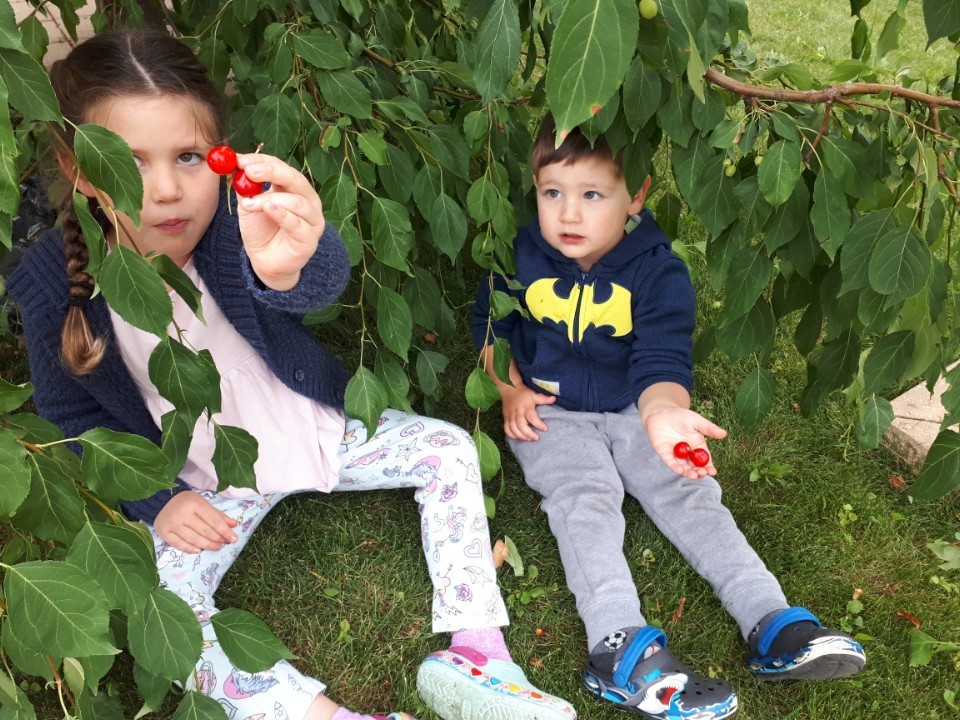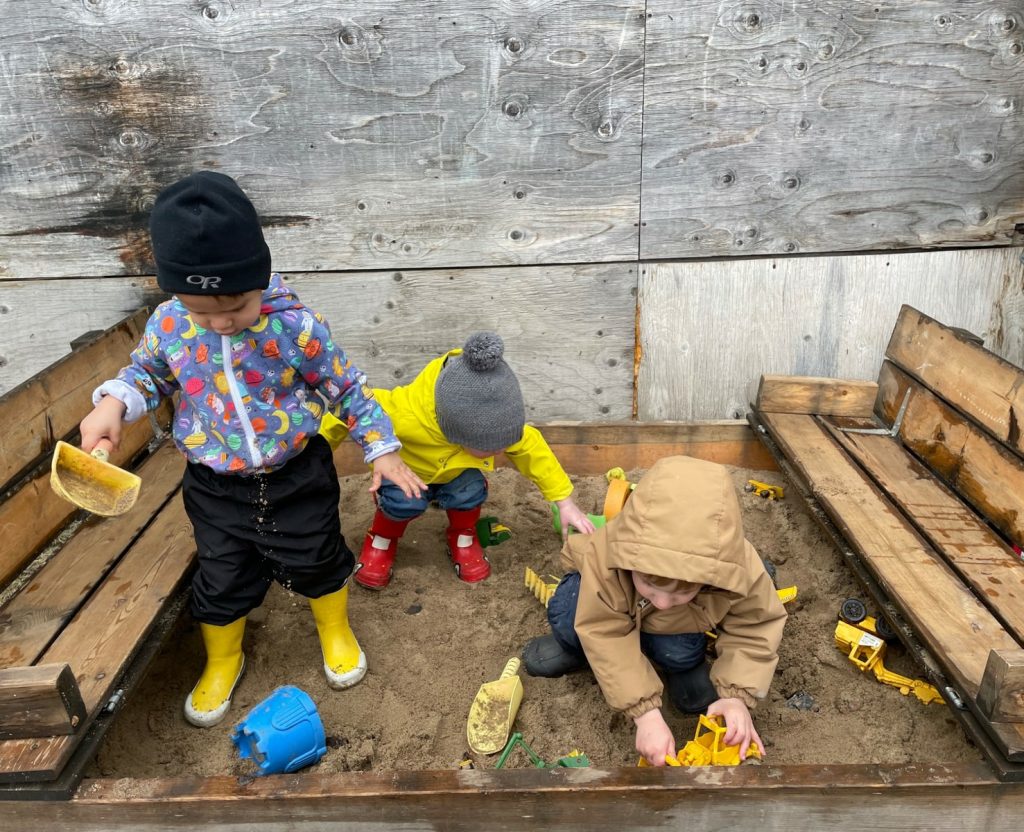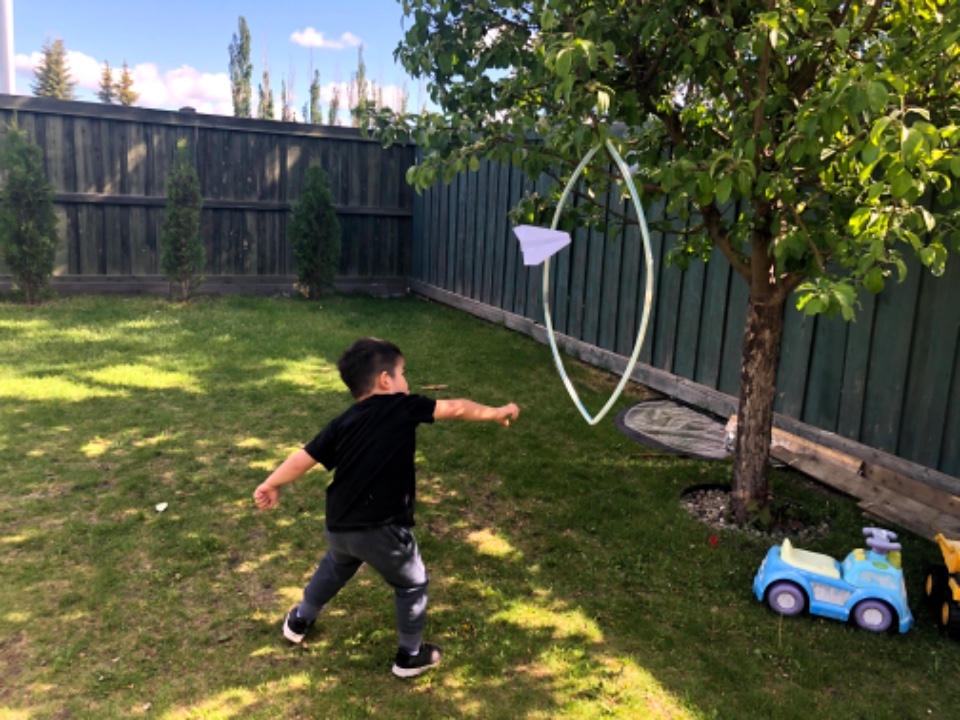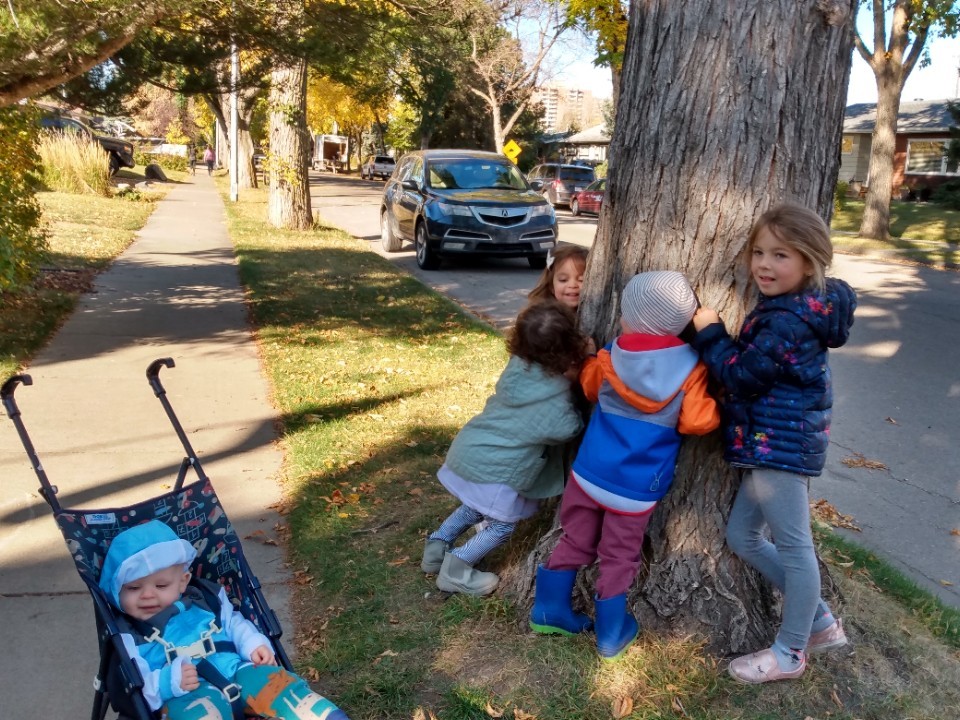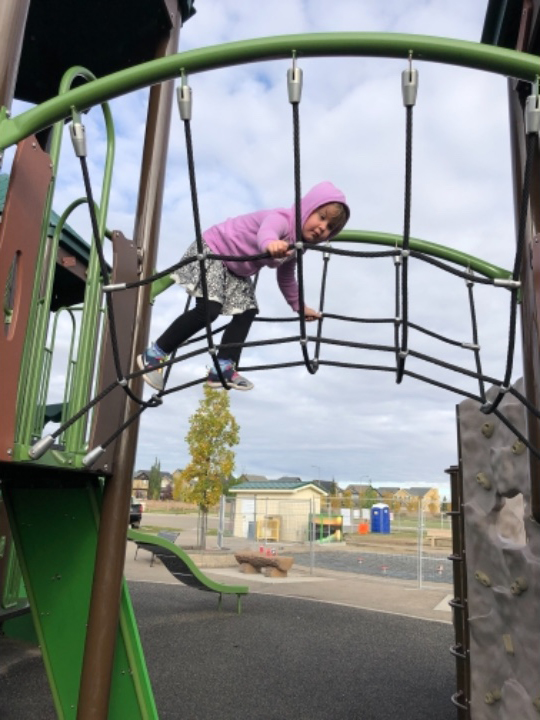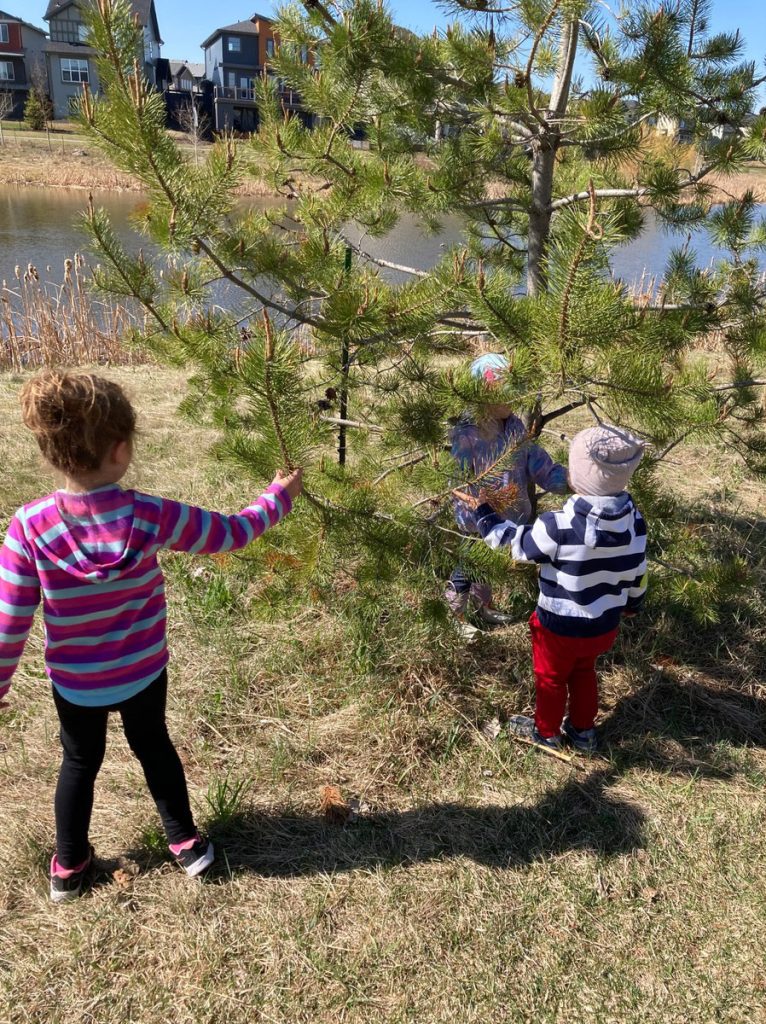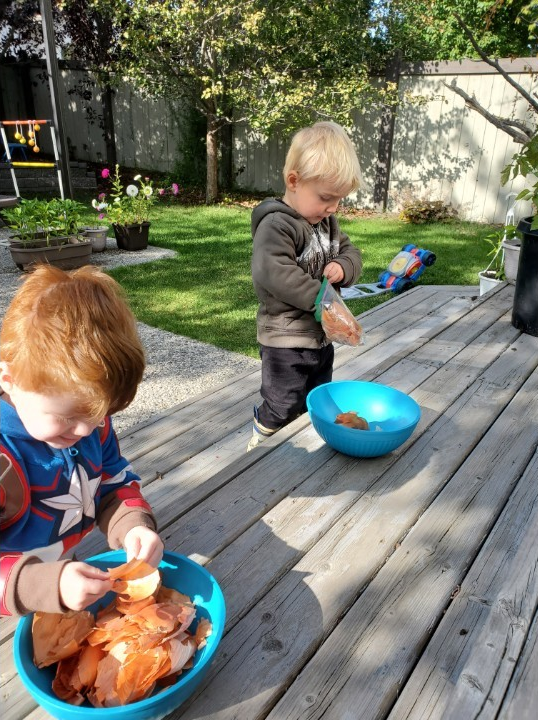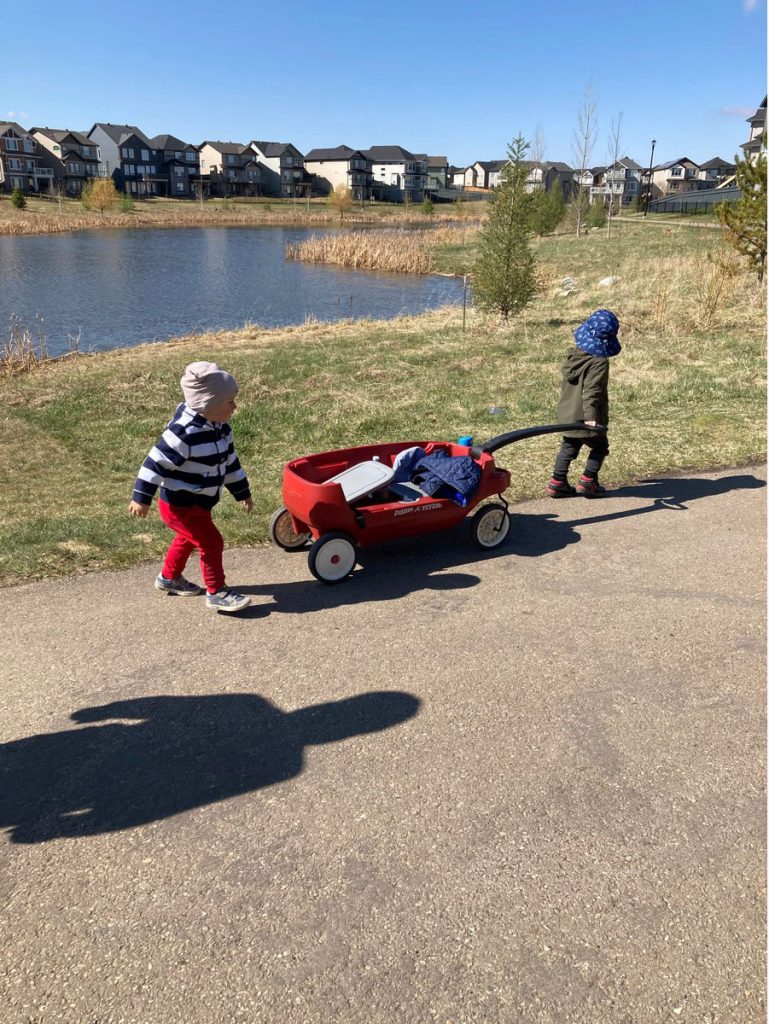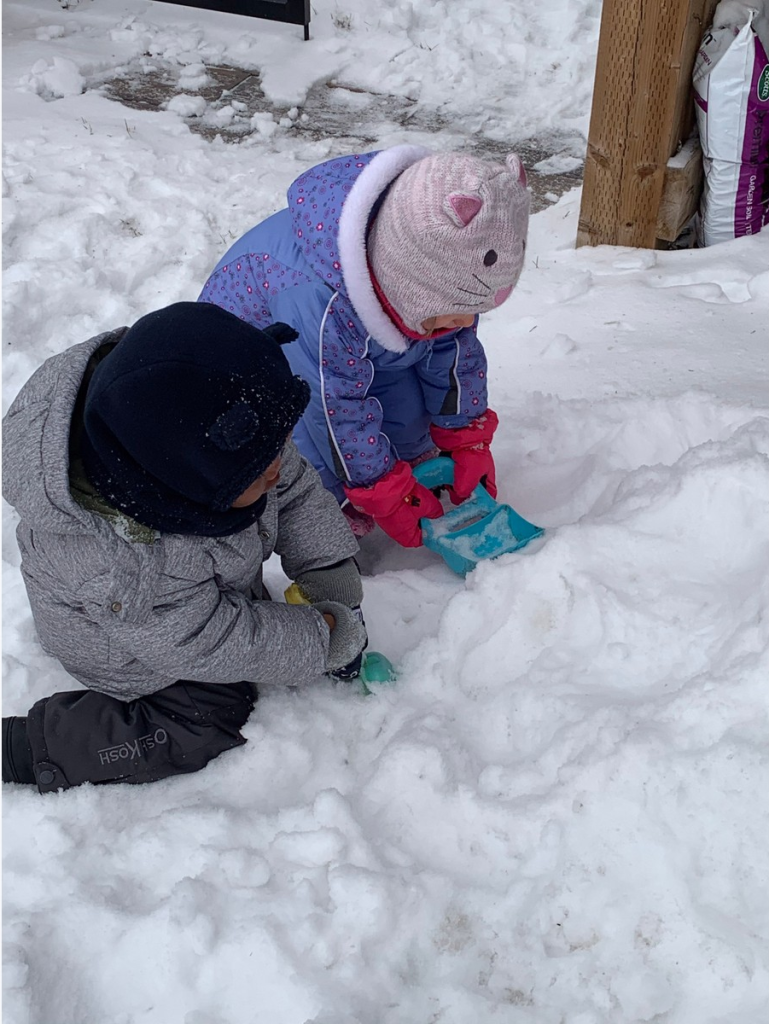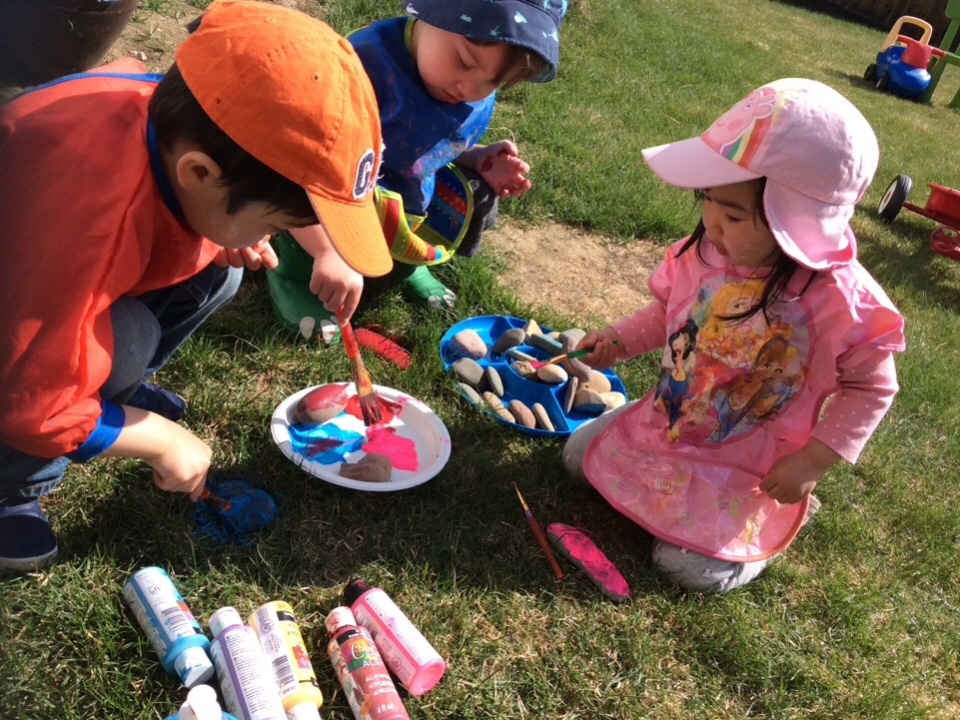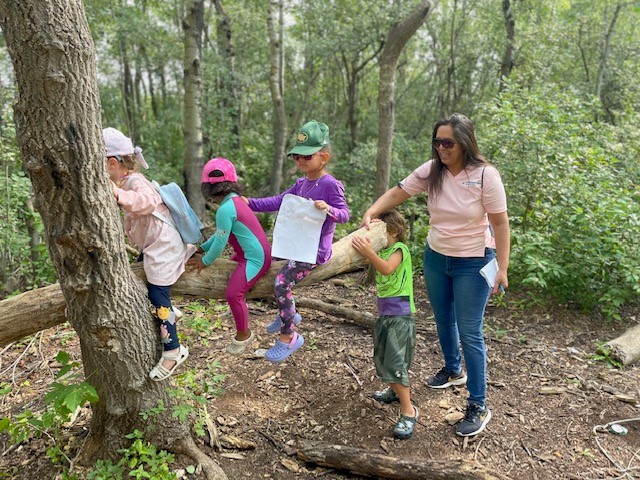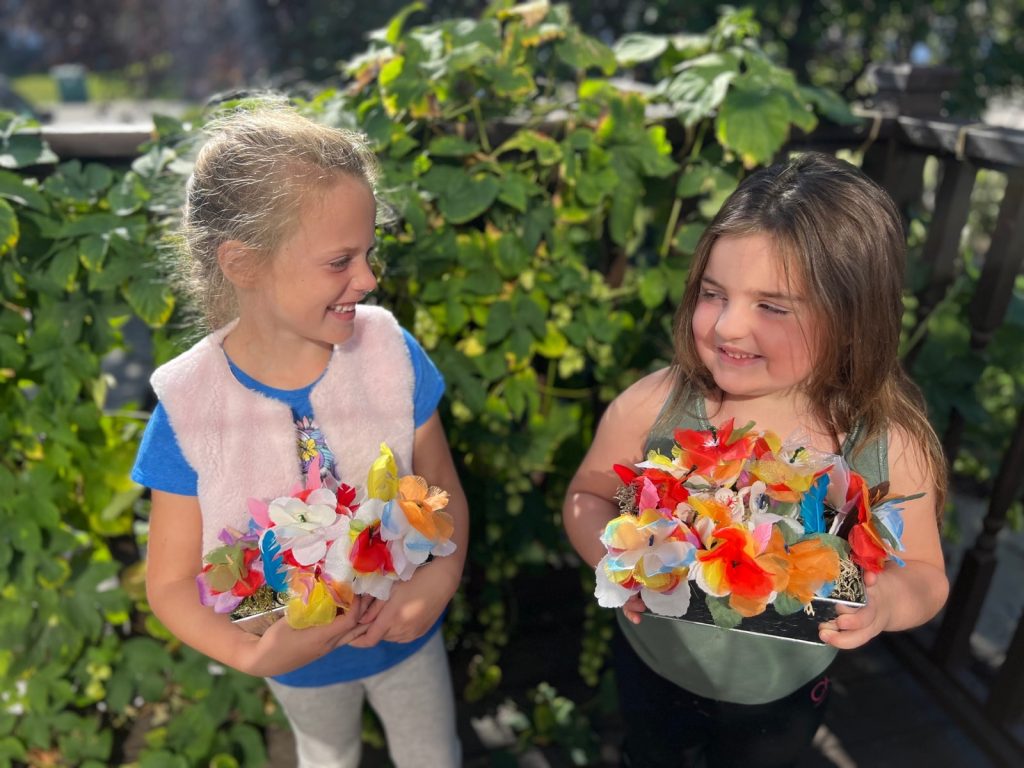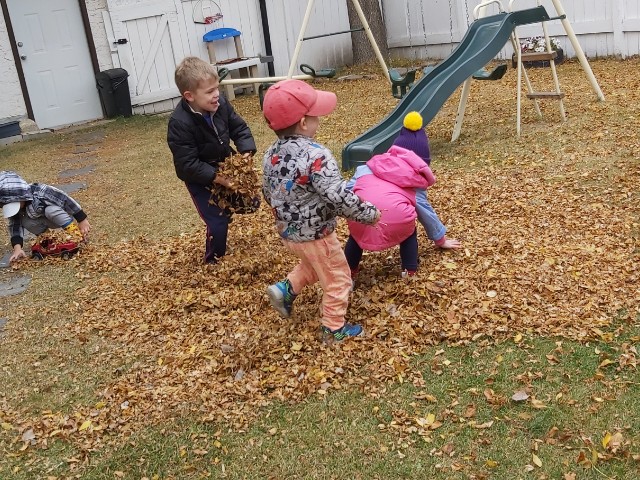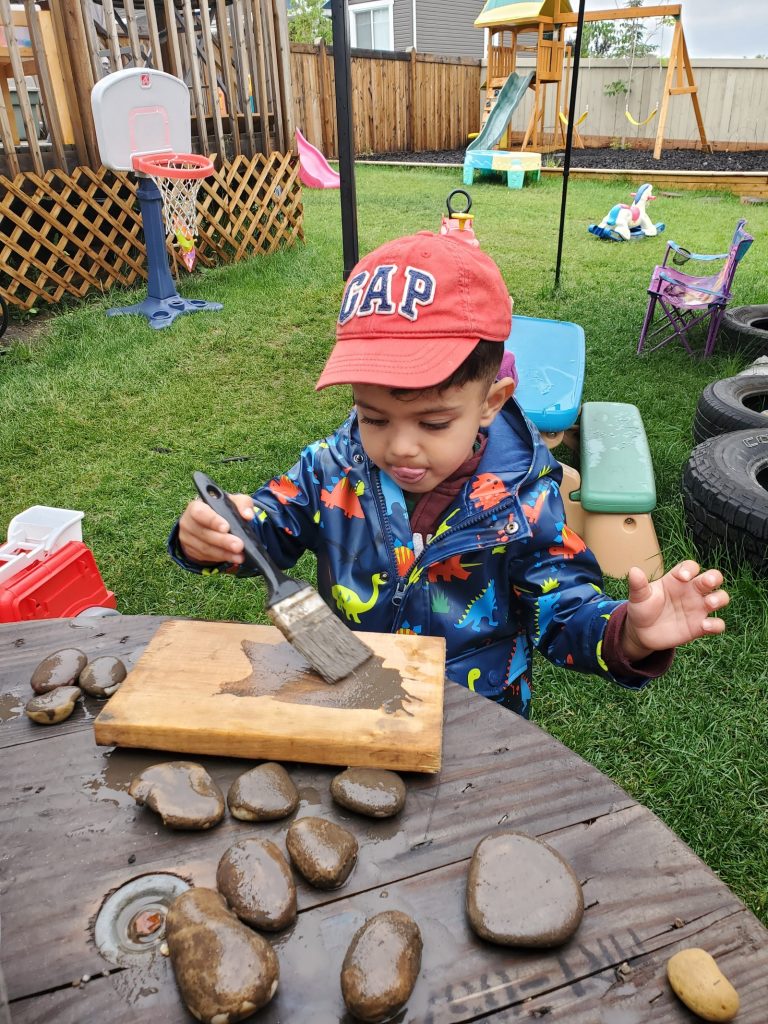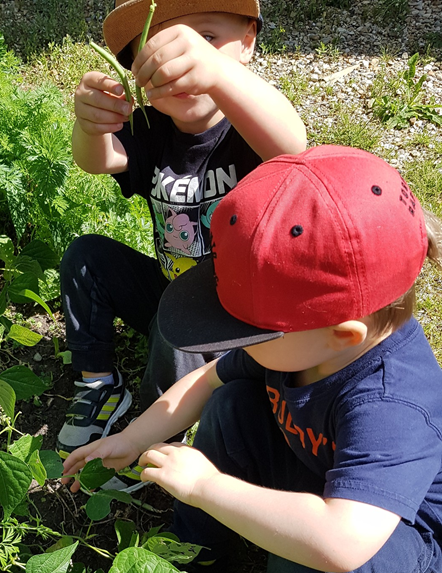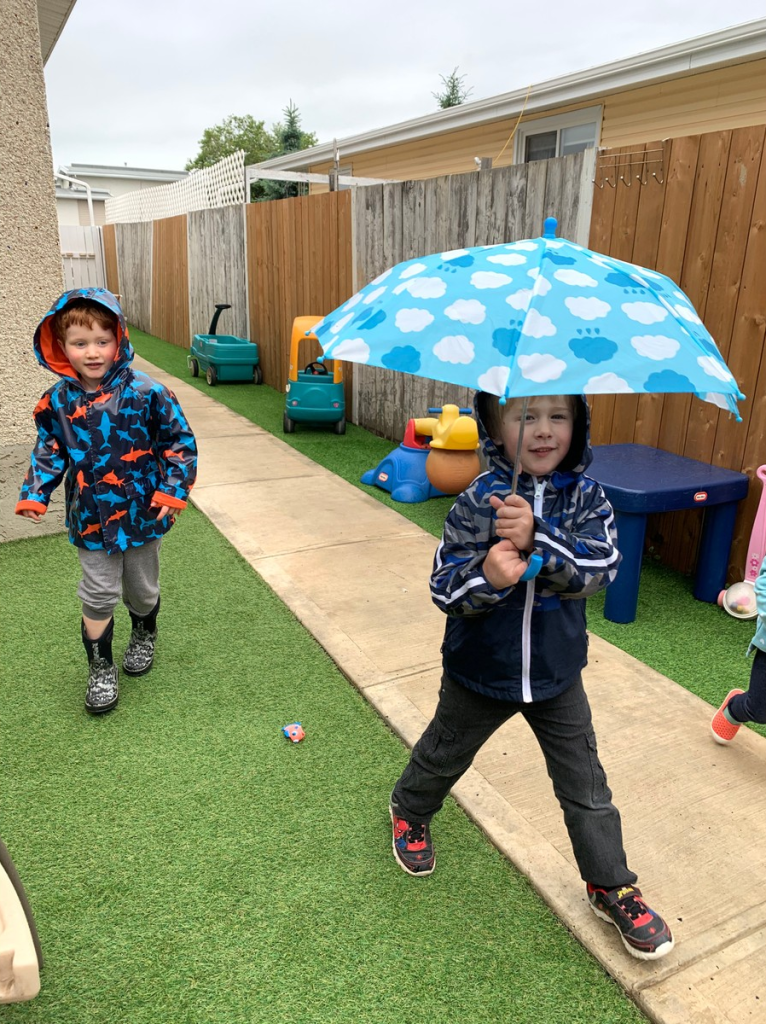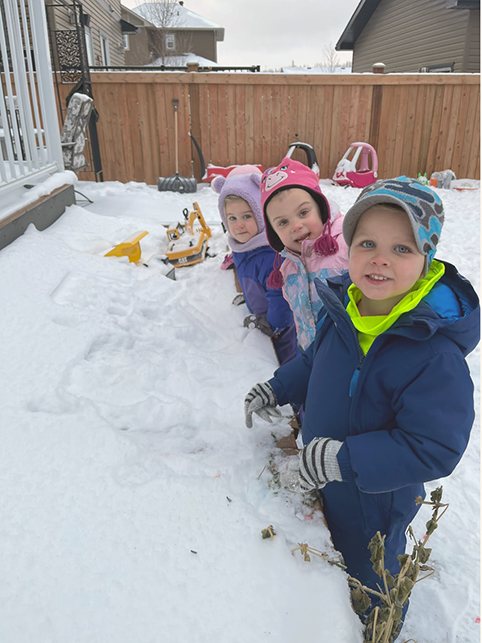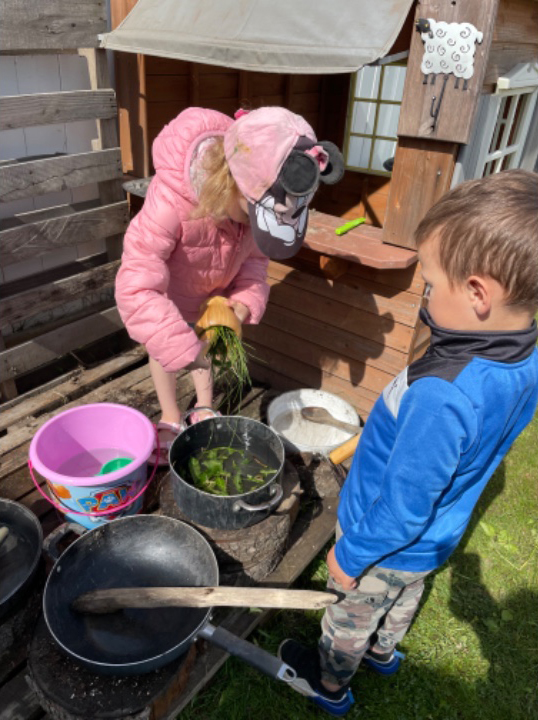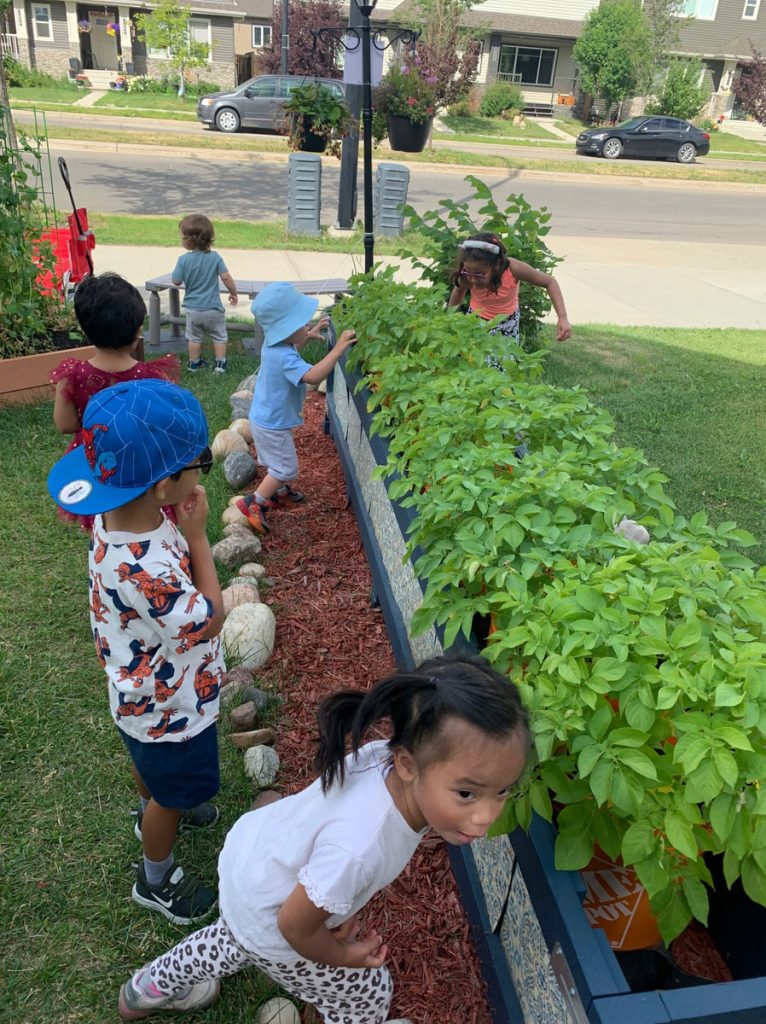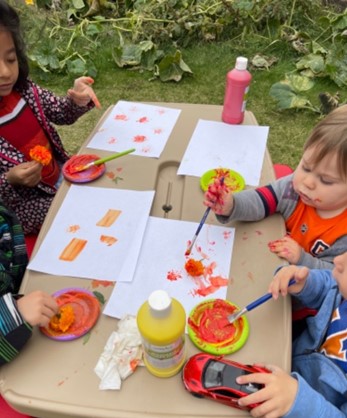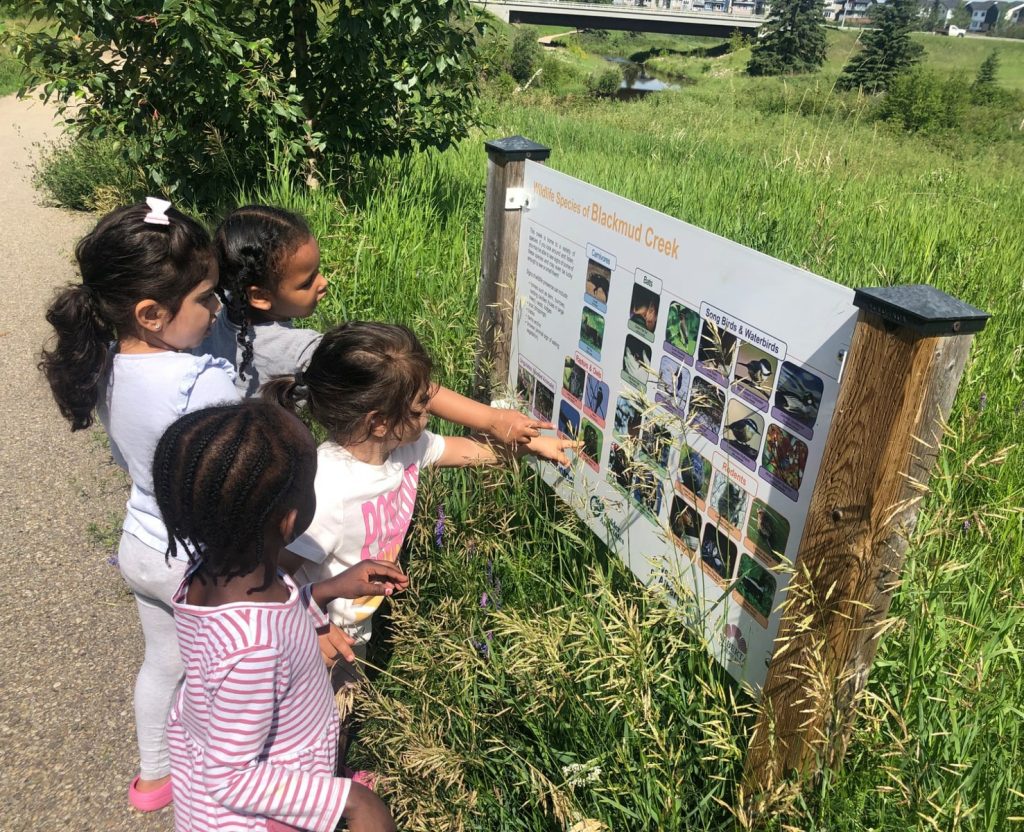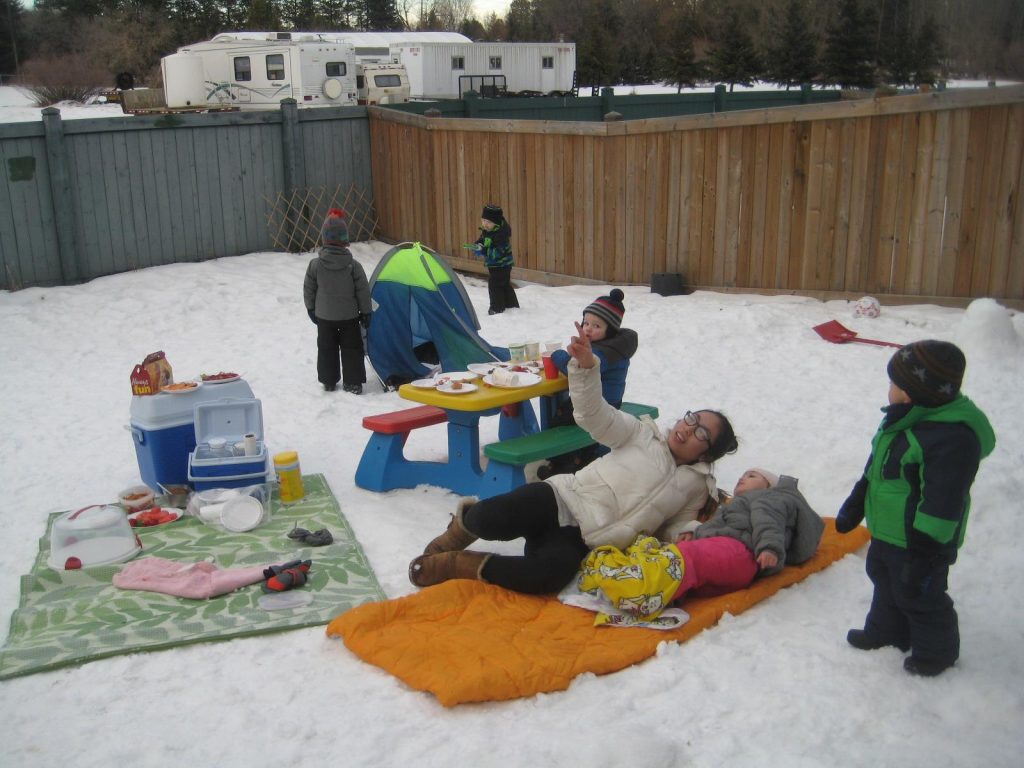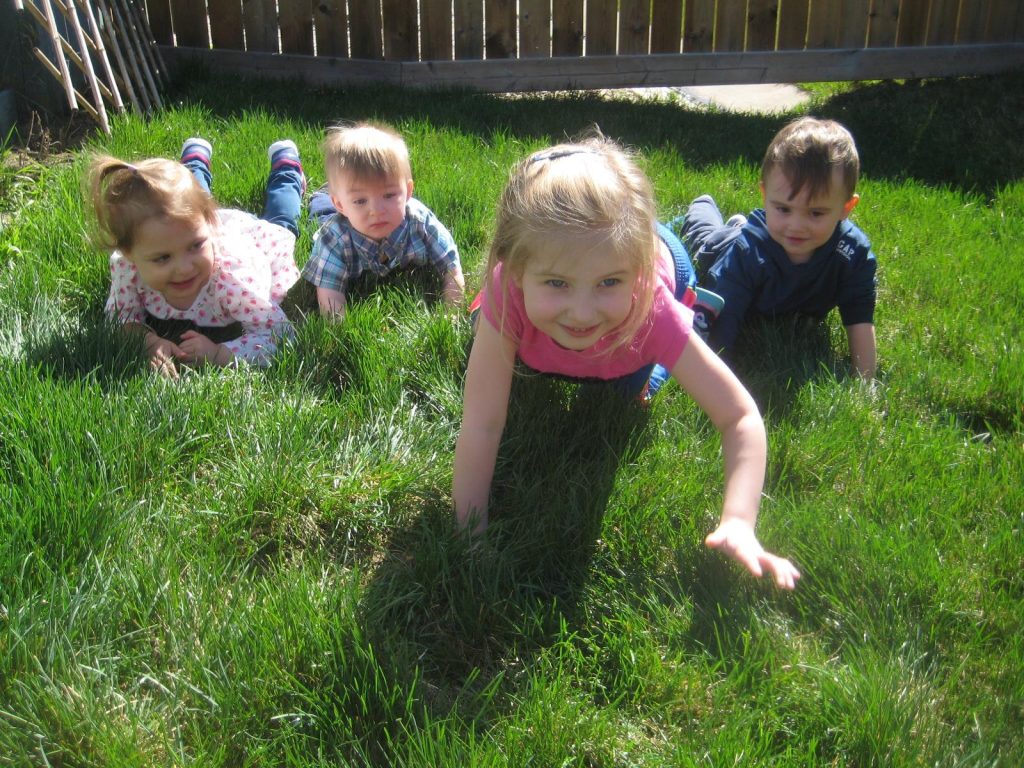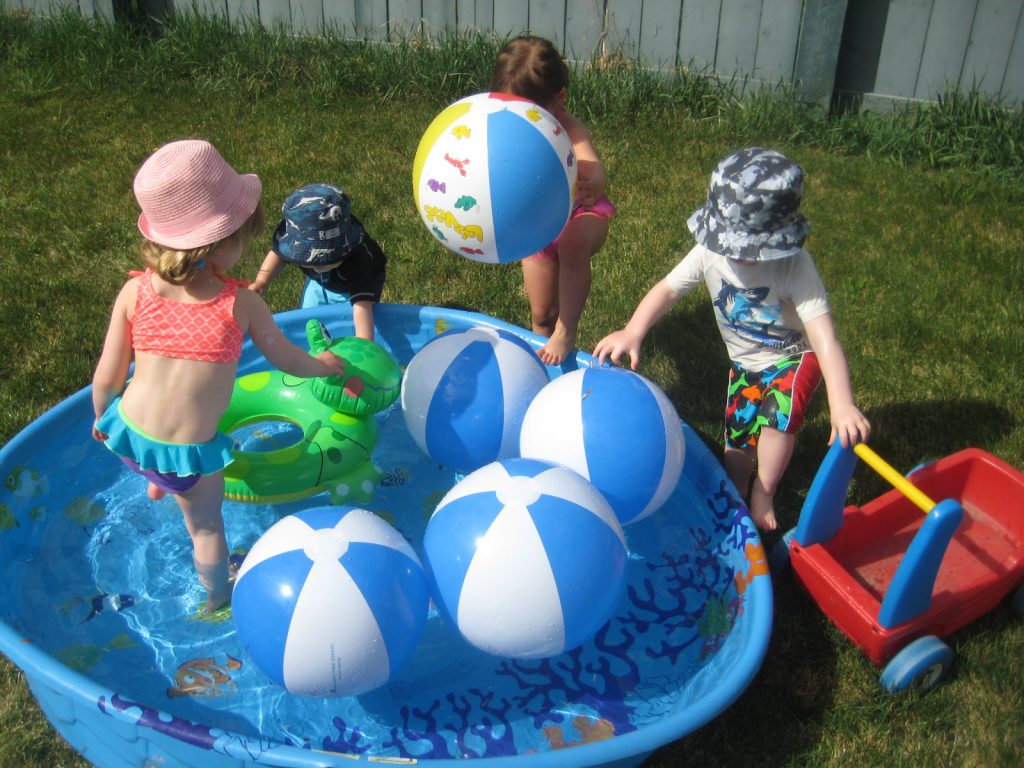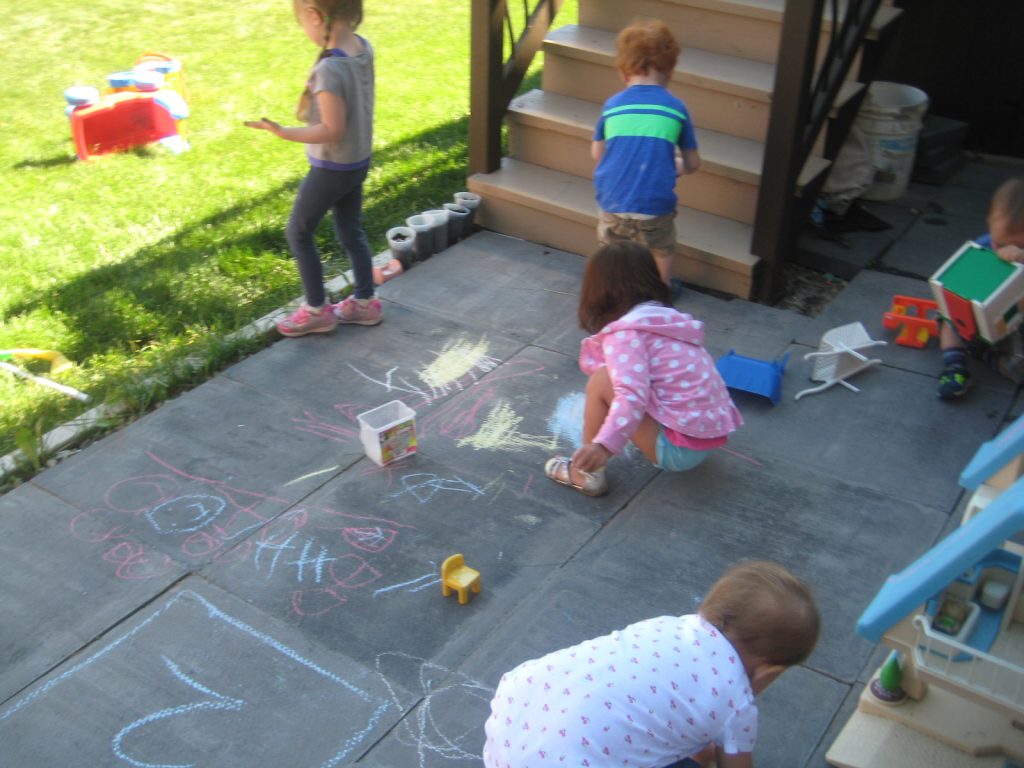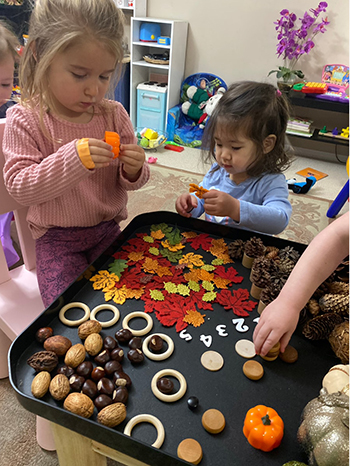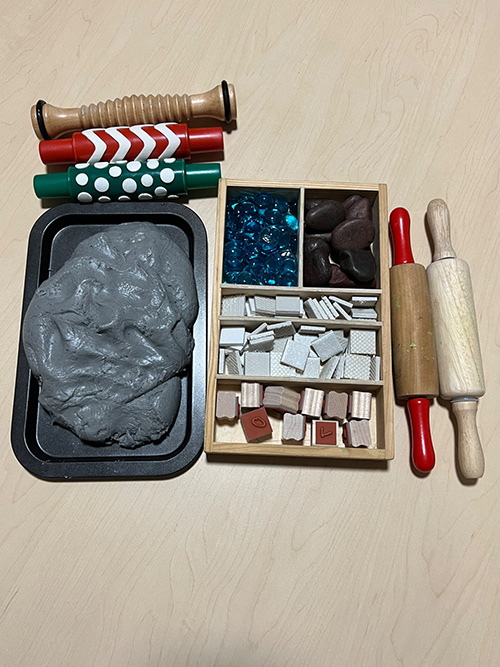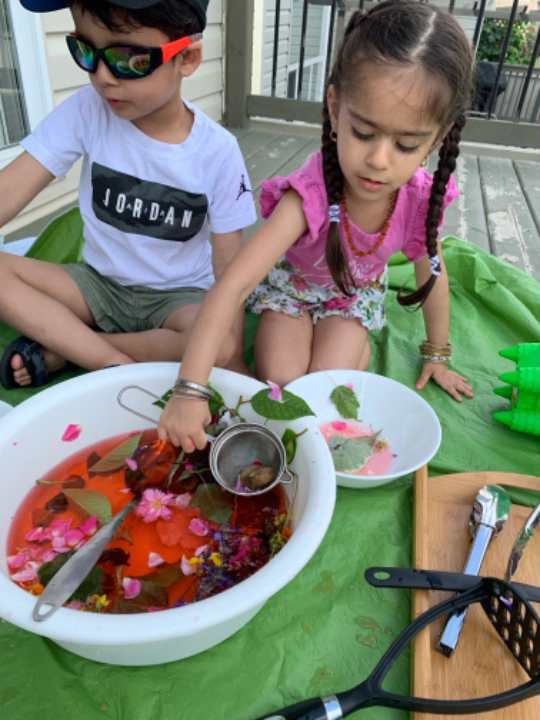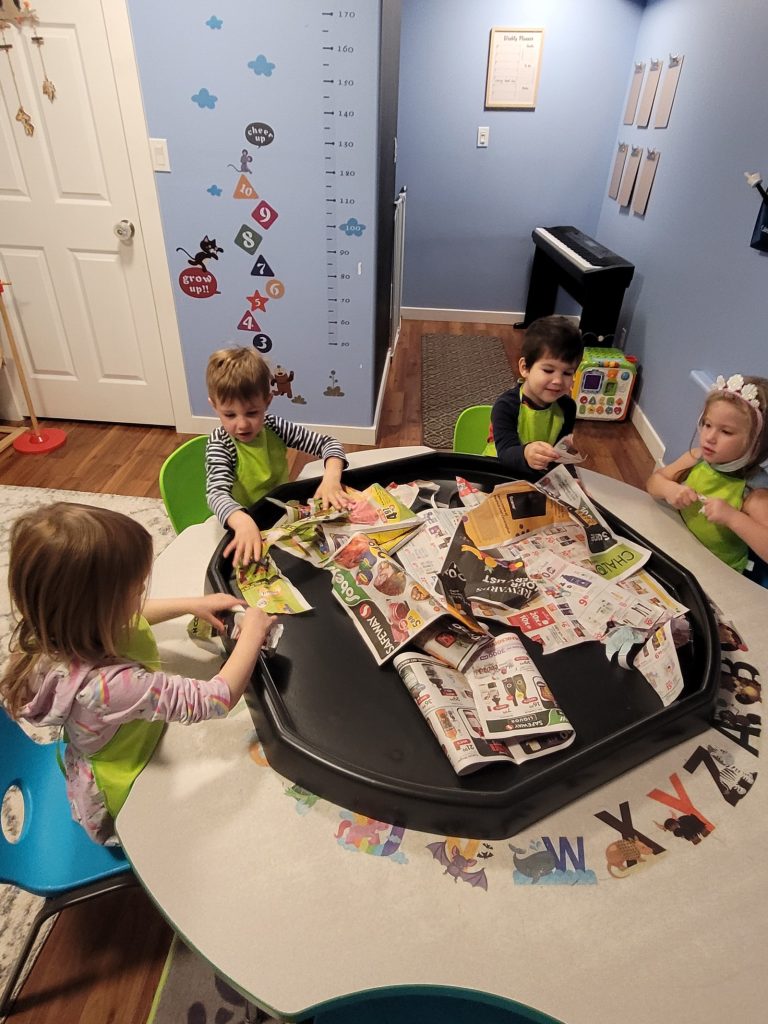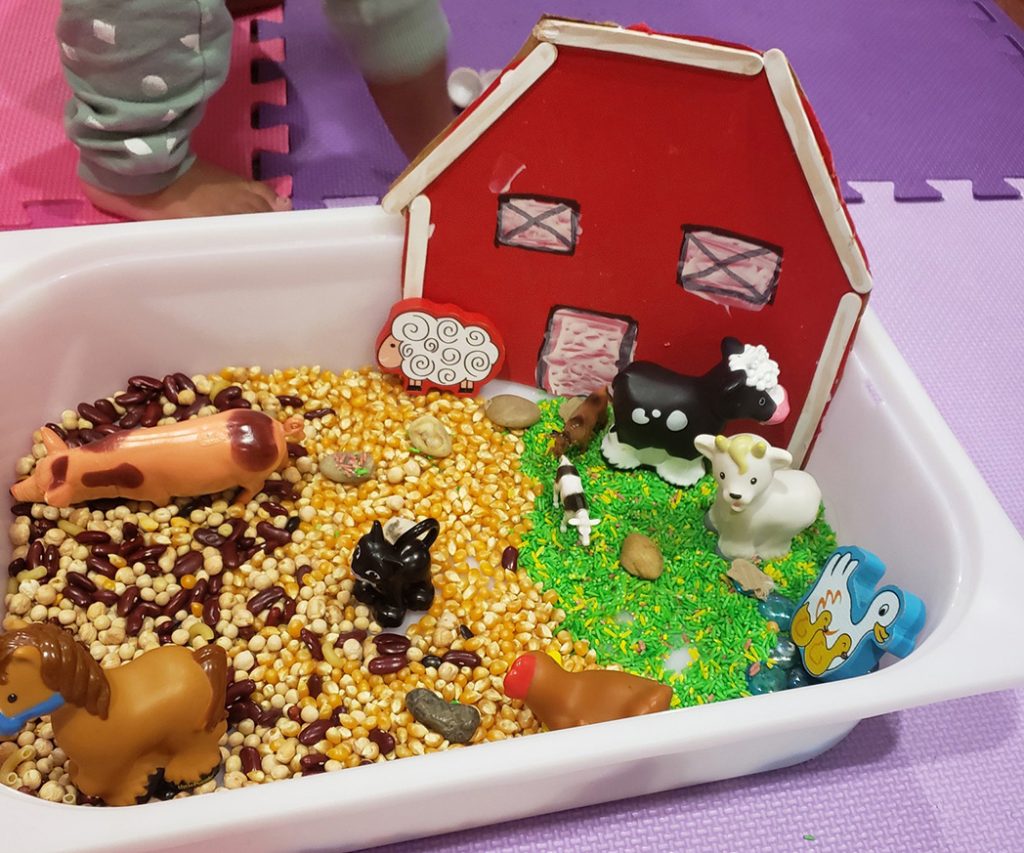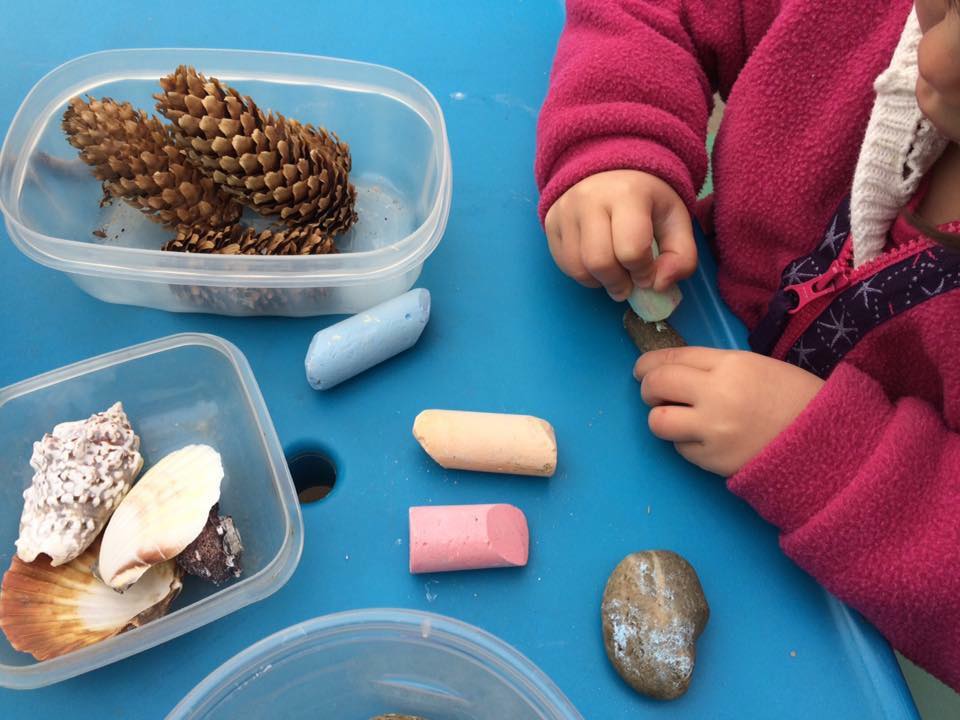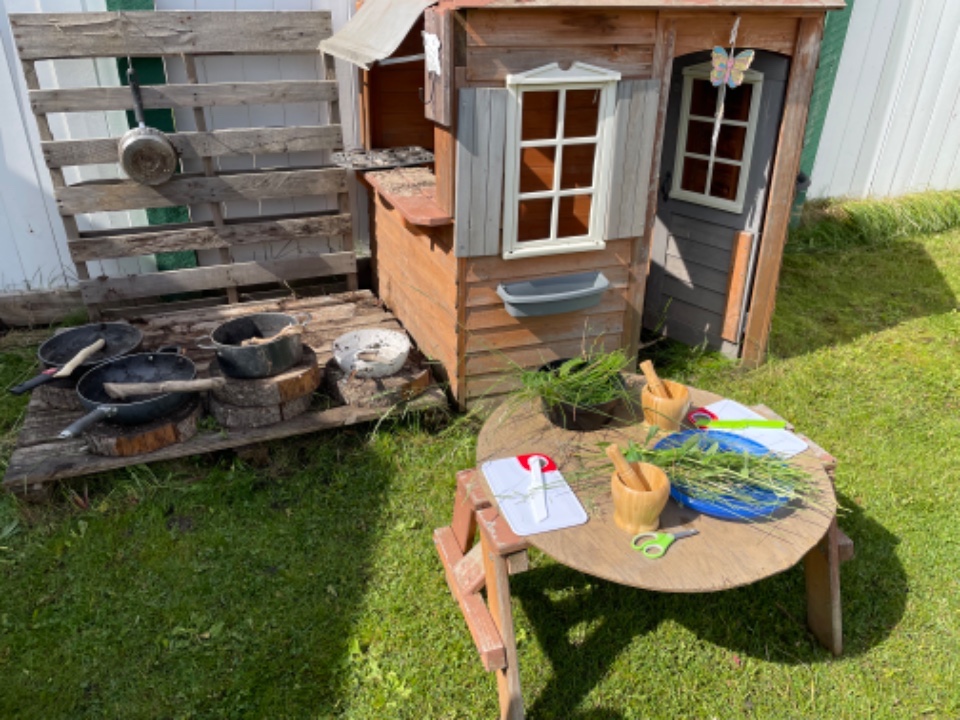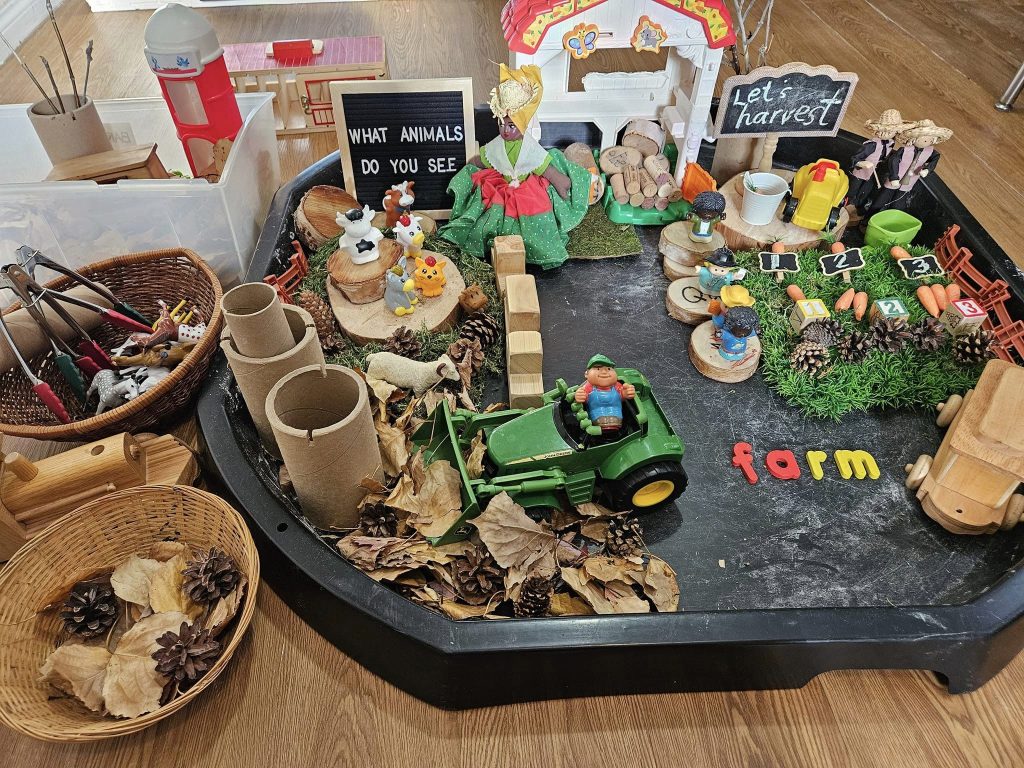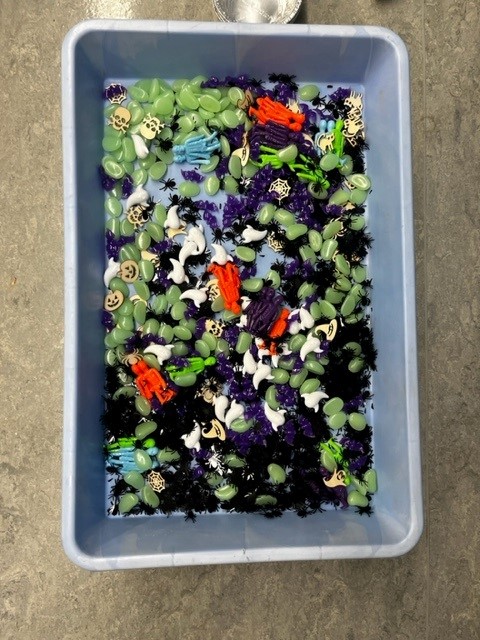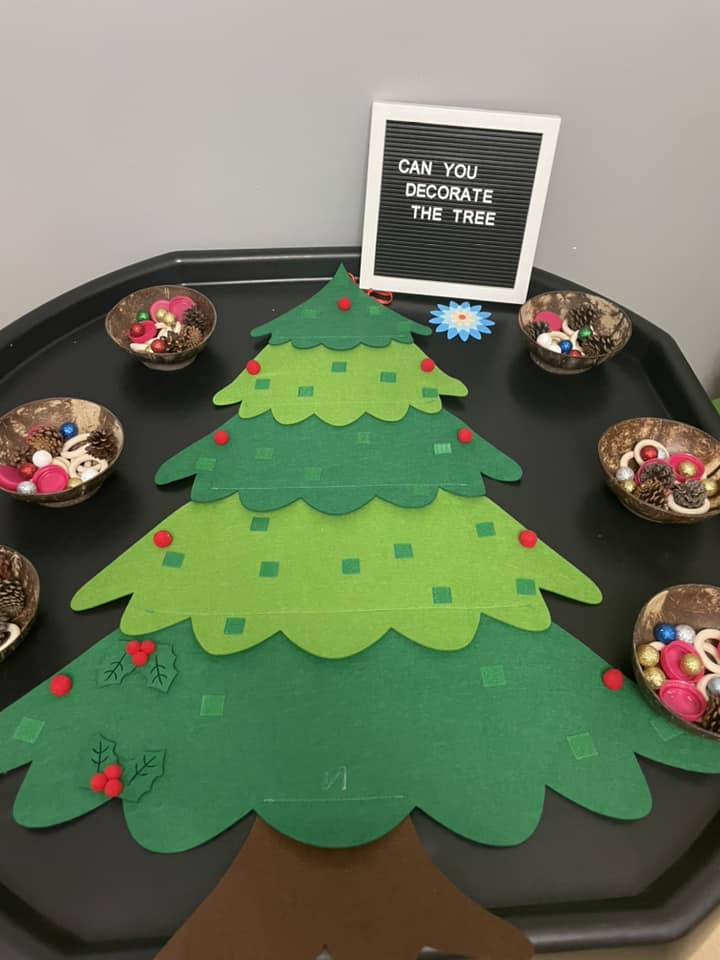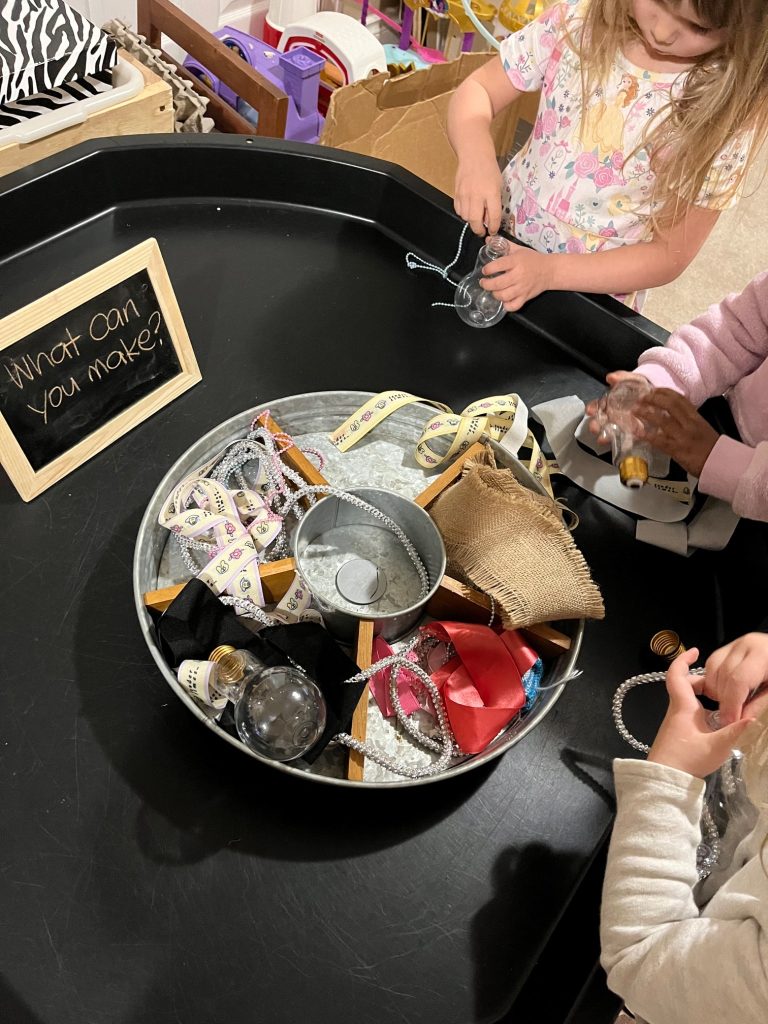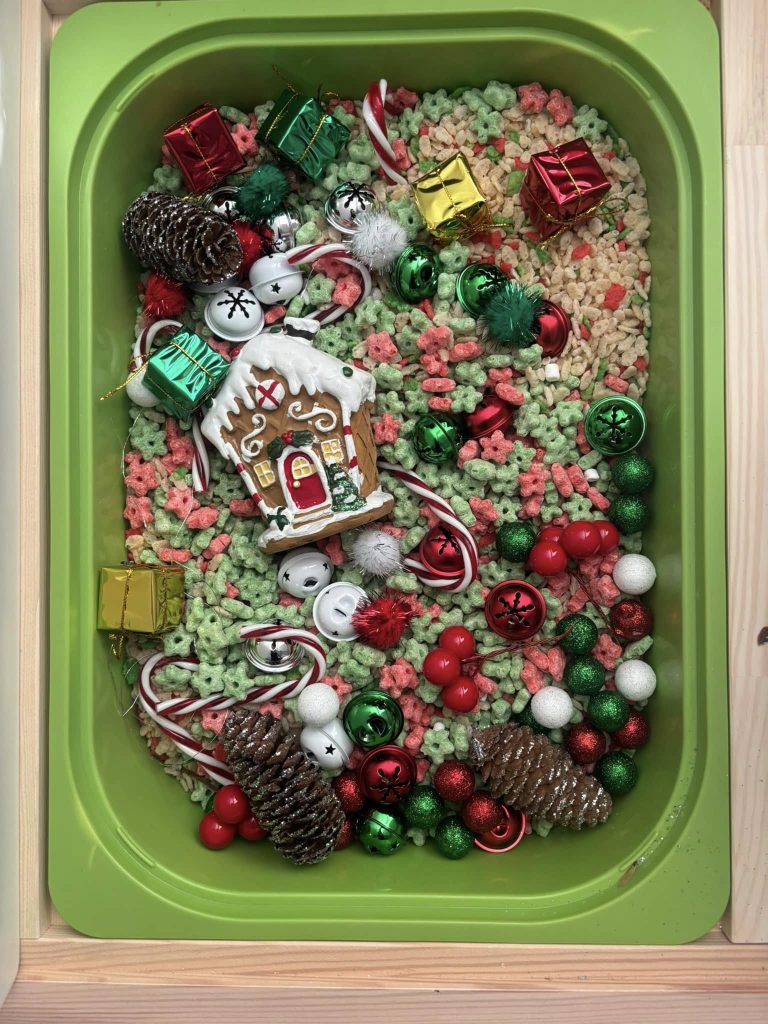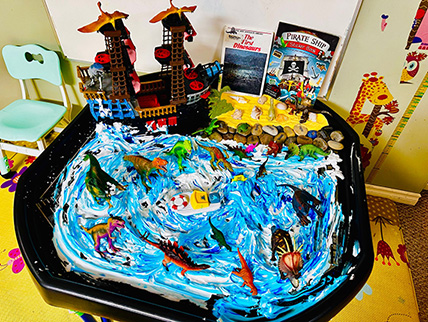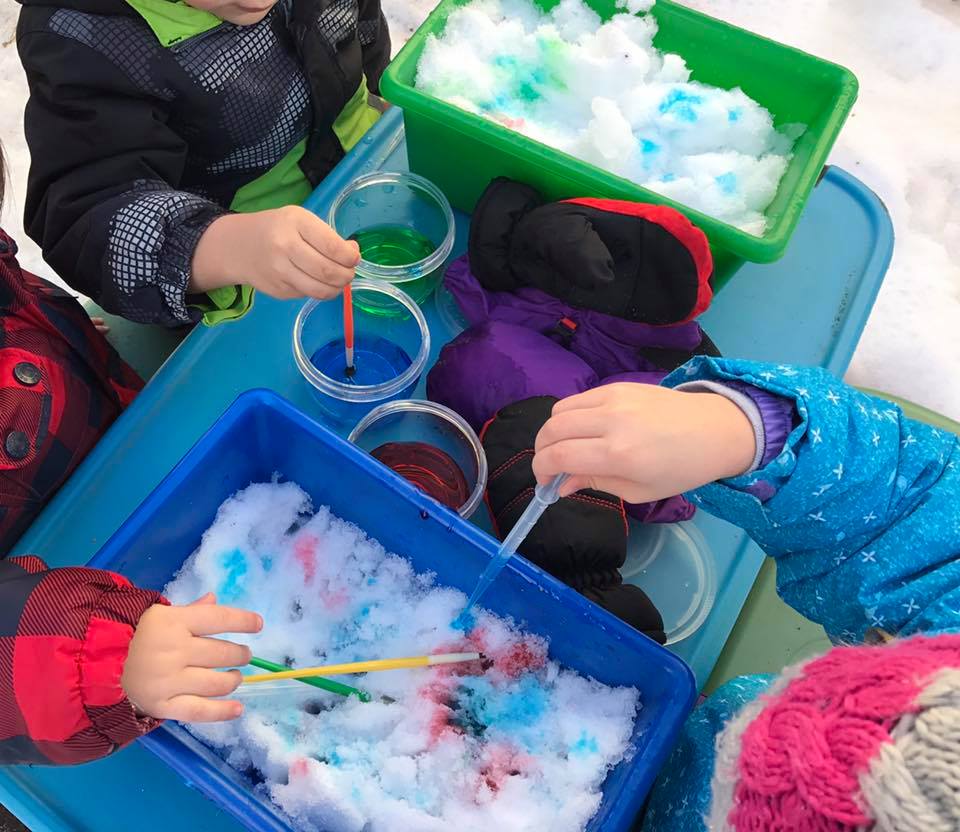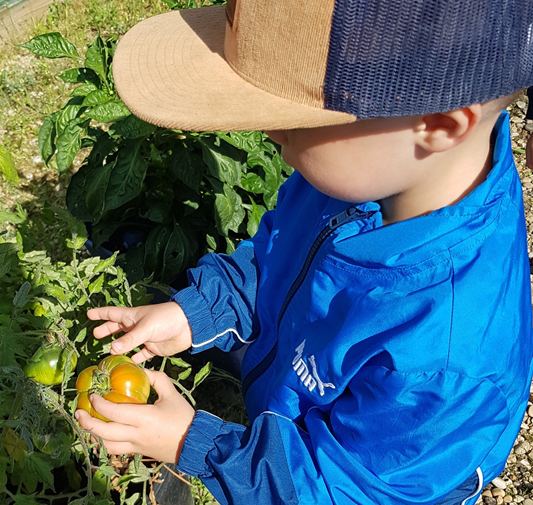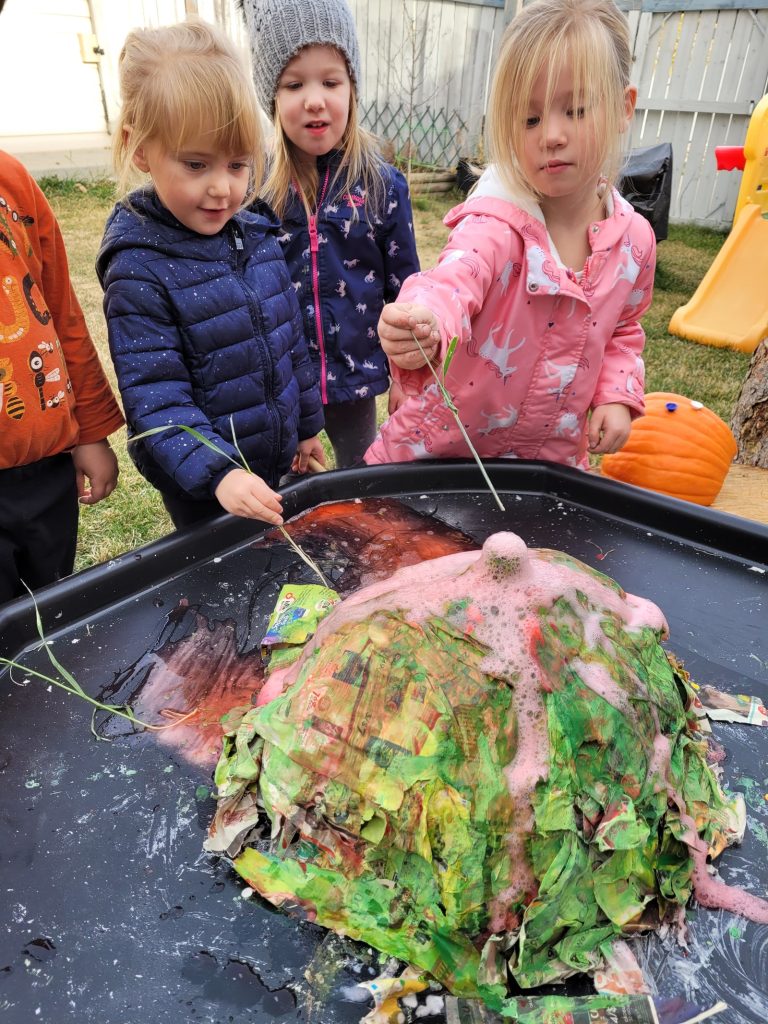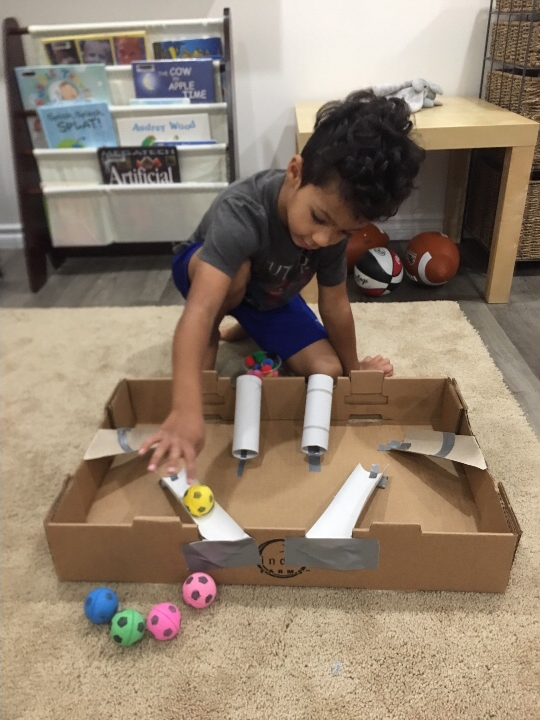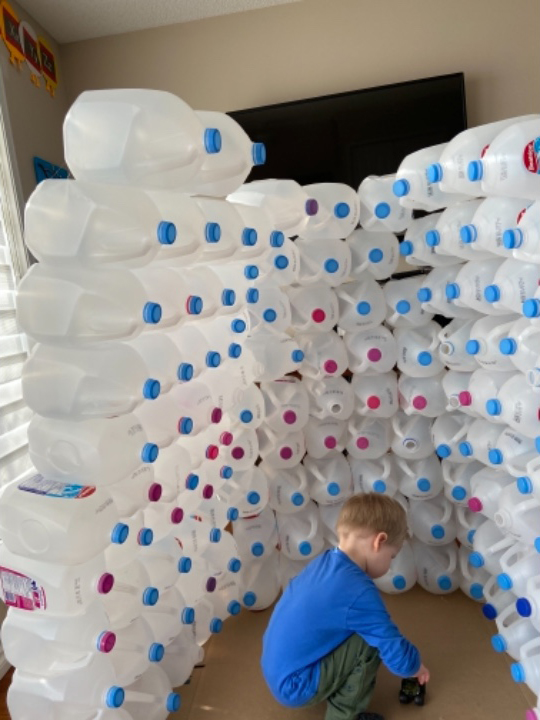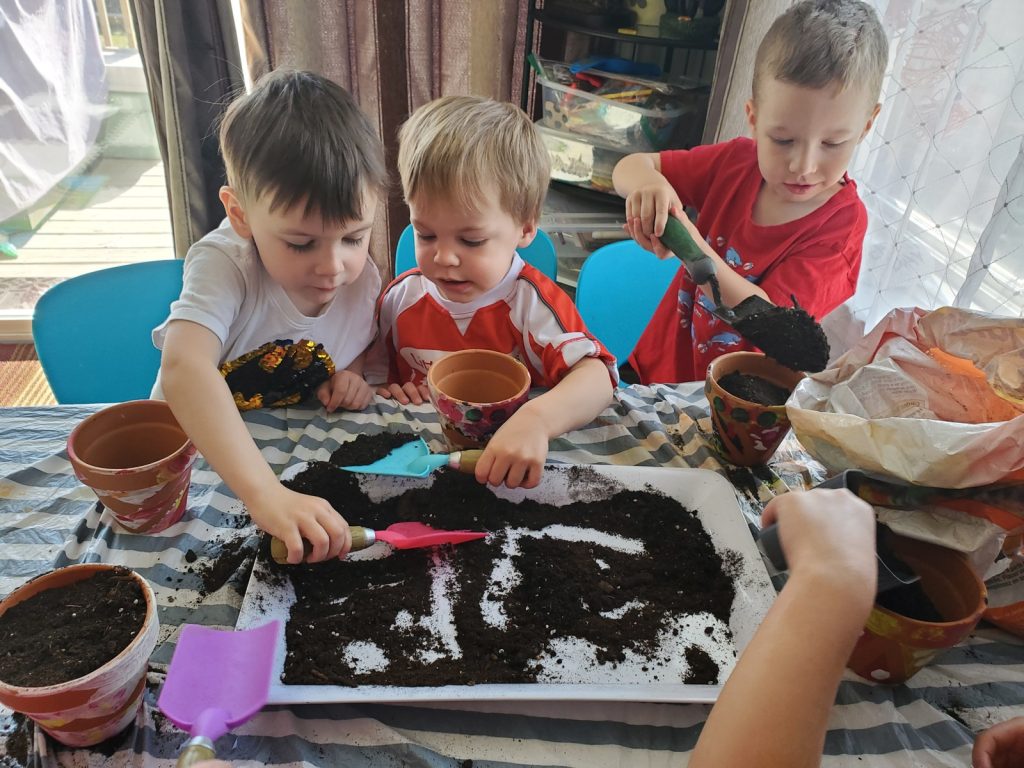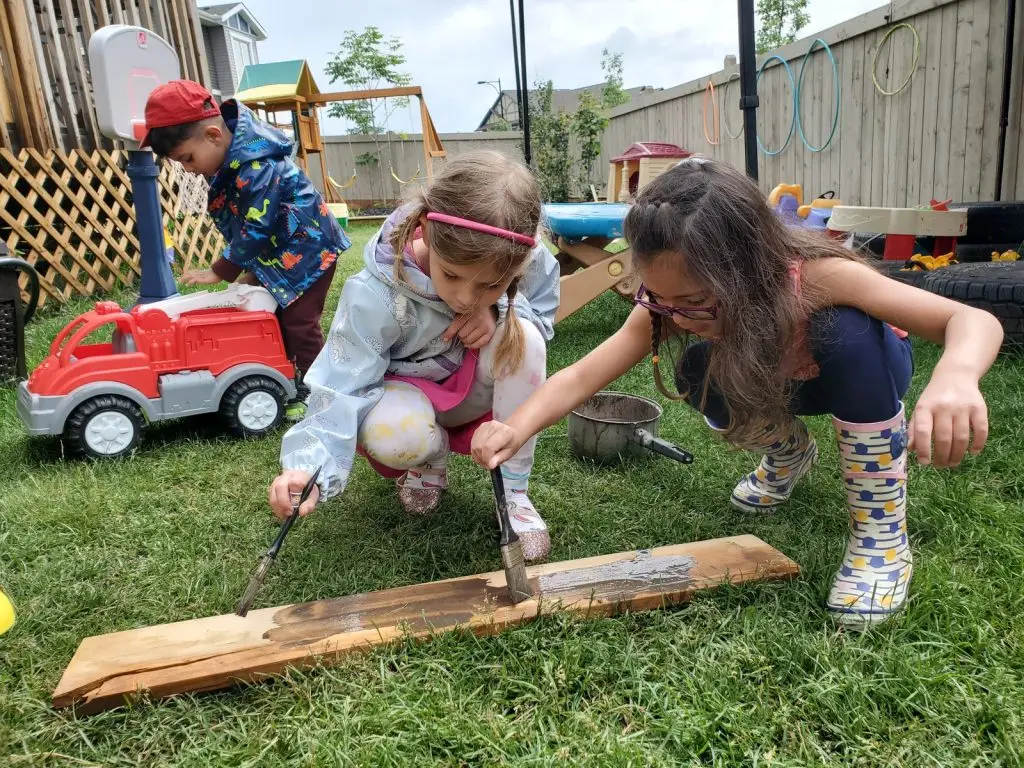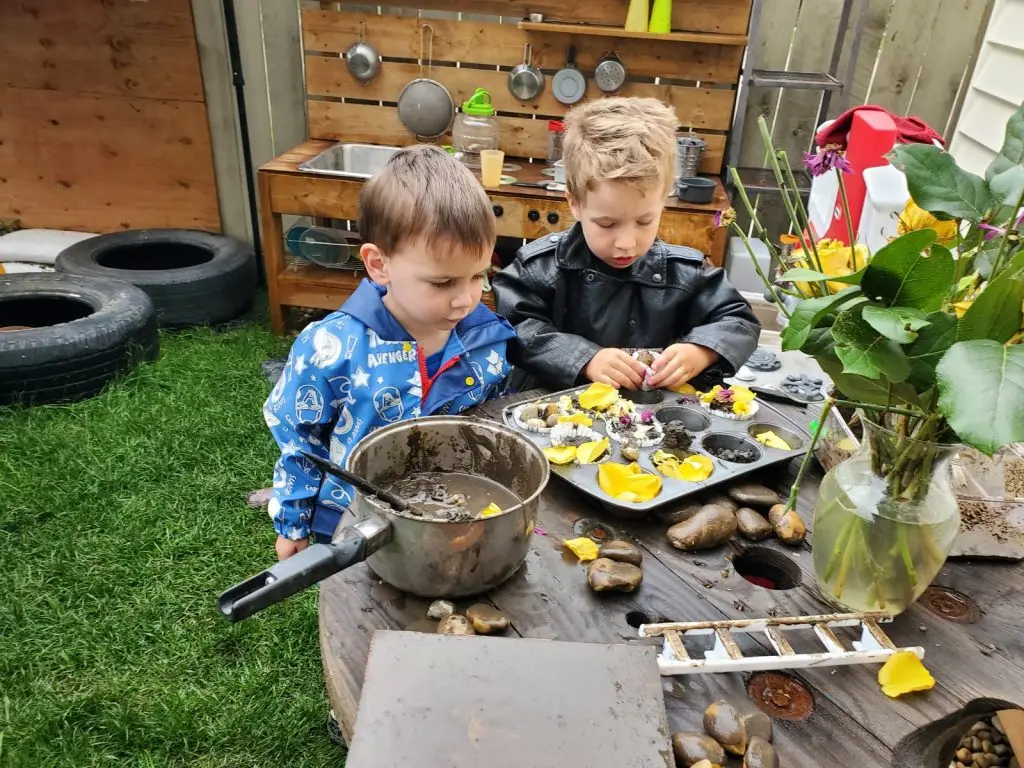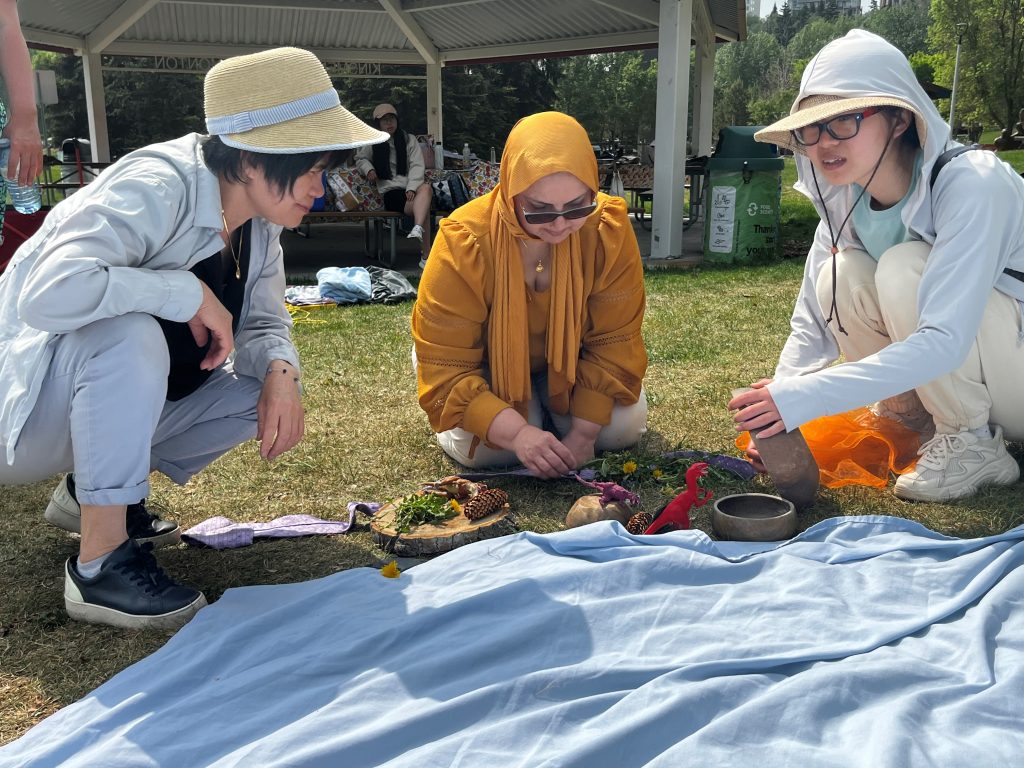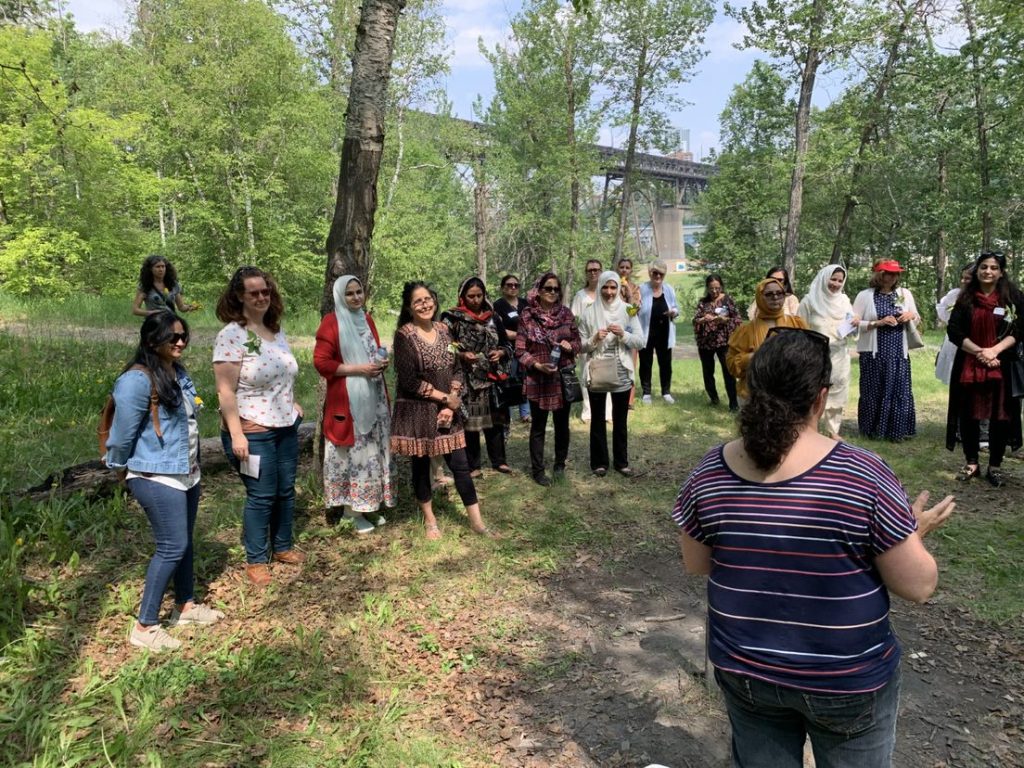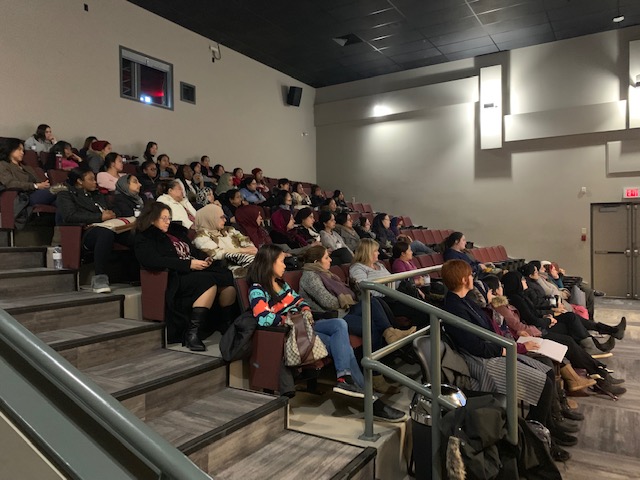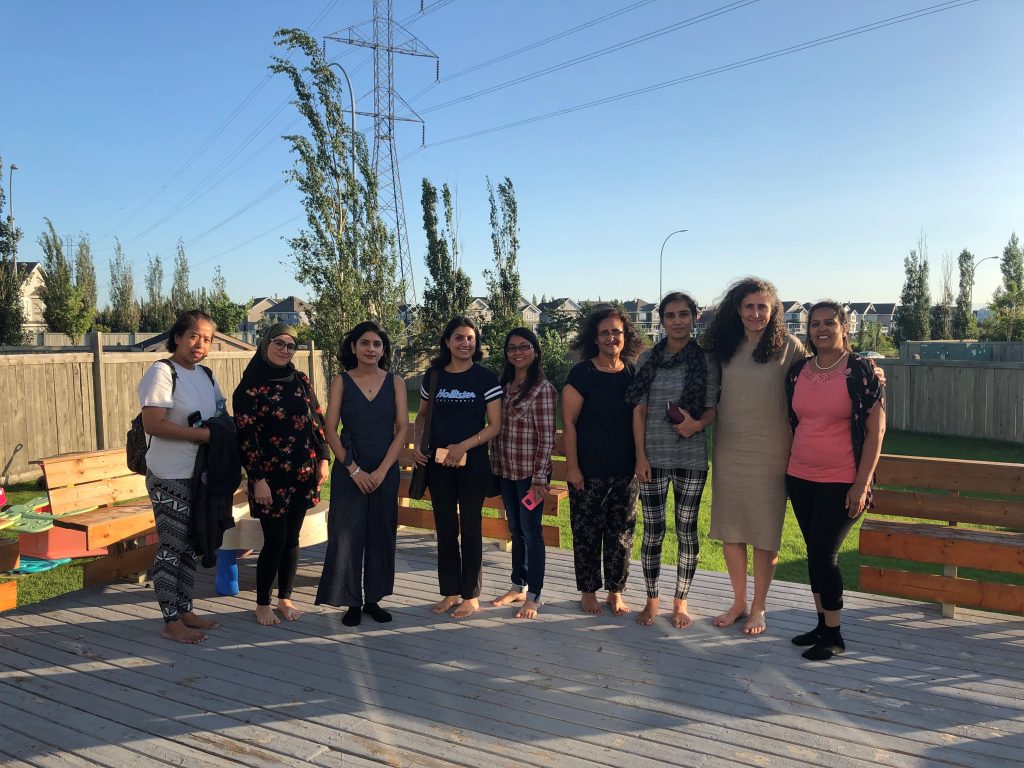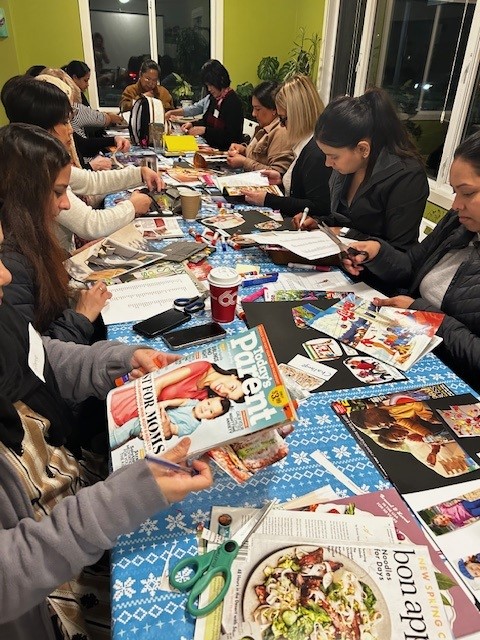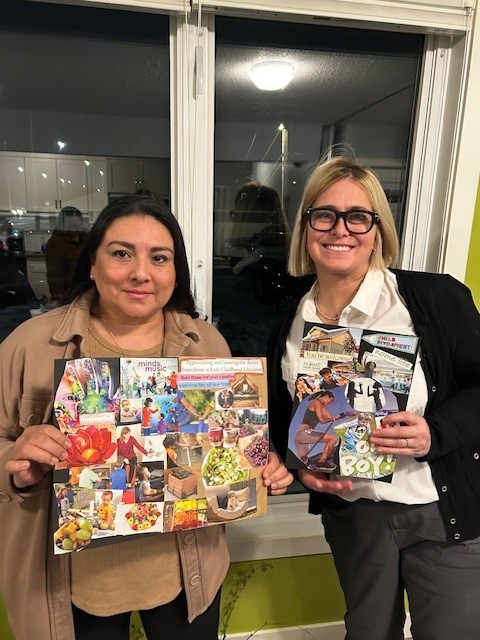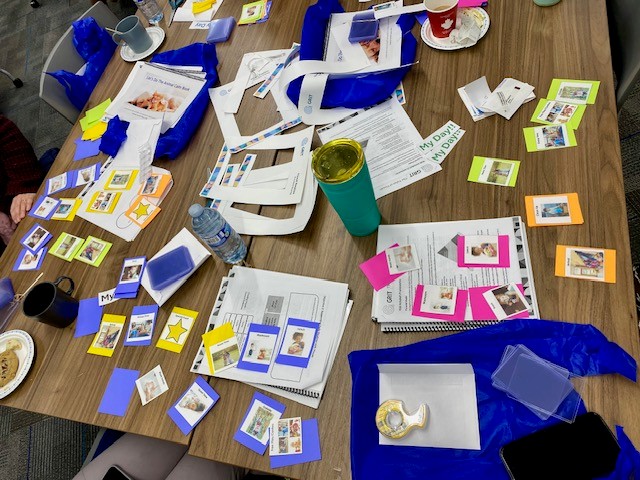Edmonton Photo Gallery
- Home
- Edmonton Home
- Edmonton Photo Gallery
Our photo gallery offers a glimpse into the joyful, everyday moments that unfold in our dayhomes—play, learning, exploration, and connection. It’s a wonderful way to see what child‑centered care looks like in action. For even more stories, tips, and insights from our educators, visit our blog at https://childdev.com/blog.
Outdoor Play
At Child Development Dayhomes, we believe outdoor play is an important part of a child’s development and is encouraged and supported by our dayhome educators for every season. Here are some of the benefits of outdoor play for children in a child care setting:
- It helps them learn science, creativity, and problem-solving skills by exploring and discovering the natural world.
- It improves their physical strength, coordination, and balance by jumping, running, climbing, and playing with different equipment.
- It boosts their mental well-being, mood, and self-esteem by reducing stress, anxiety, and boredom.
- It fosters their social and emotional development by interacting with other children, learning cooperation, communication, and conflict resolution.
- It exposes them to sunlight, fresh air, and vitamin D, which are essential for healthy bones, immune system, and growth.
Provocations
Provocations are open-ended activities that stimulate children’s curiosity, creativity, and learning. They are based on the children’s interests, ideas, and questions, and they invite them to explore, investigate, and create with various materials. They are not meant to have a specific outcome or answer, but rather to provoke thinking, inquiry, and discovery. Here are some of the benefits of provocations for children in a child care setting:
- They enhance children's skills in critical thinking, problem-solving, communication, collaboration, and creativity.
- They enhance children's engagement, motivation, and enjoyment of learning.
- They support children's agency, autonomy, and ownership of their learning.
- They foster children's connection to nature, culture, and community.
- They reflect children's diversity, identity, and voice.
Exploration
Exploration is essential for early childhood education, as it helps children become more confident, engaged, and enthusiastic learners. A child care setting that provides a safe, stimulating, and supportive environment for children to explore can prepare them for a smoother transition to primary school and a lifelong love of learning.
- They can develop independence and autonomy by following their own curiosity and interests.
- They can foster inquisitive minds and learn how to ask good questions and pursue their goals.
- They can enhance their collaboration and social skills by interacting with other children and educators who share or support their passions.
- They can boost their creativity and critical thinking by experimenting with different materials, ideas, and perspectives.
Messy Play
Messy play is a type of sensory play that involves exploring different materials and textures with the hands, feet, or other body parts. It can be very beneficial for children in a child care setting, as it can help them to:
- Develop their fine motor skills and hand-eye coordination by squishing, pouring, and manipulating materials like sand, water, and clay1
- Stimulate their senses and brain development by experiencing different smells, sounds, colors, and shapes
- Enhance their creativity and critical thinking by experimenting with open-ended materials and situations that encourage problem-solving, decision-making, and imagination
- Boost their confidence and self-esteem by expressing themselves freely and discovering their own preferences and abilities
Educator Workshops
Educator workshops in early childhood are important for enhancing the quality of early care and education. They help our educators to:
- Learn about the latest research and best practices in early childhood development and pedagogy
- Improve their skills and knowledge in various domains, such as literacy, math, science, art, and social-emotional learning
- Reflect on their own practice and identify areas of strength and improvement
- Collaborate and network with other educators and experts in the field


